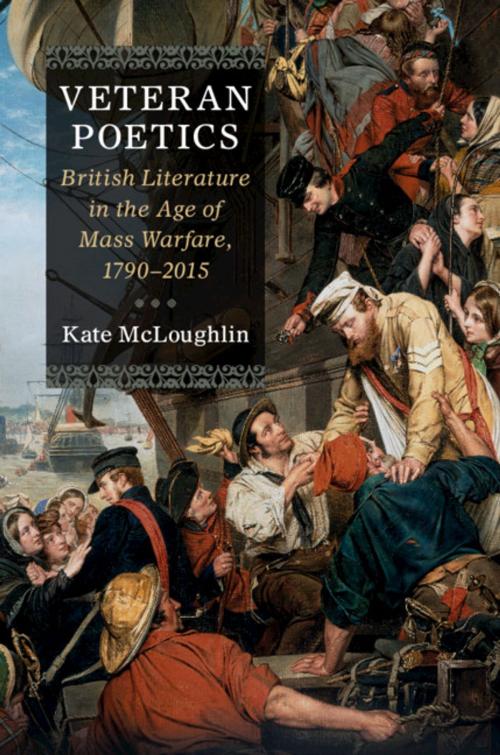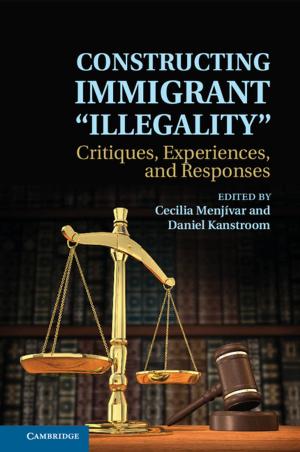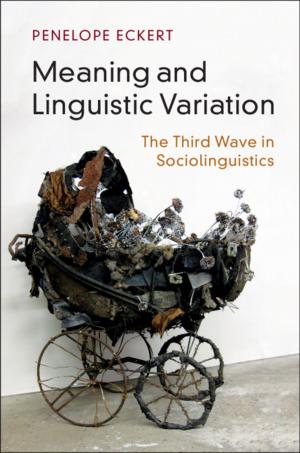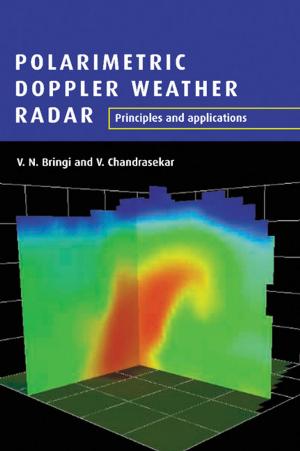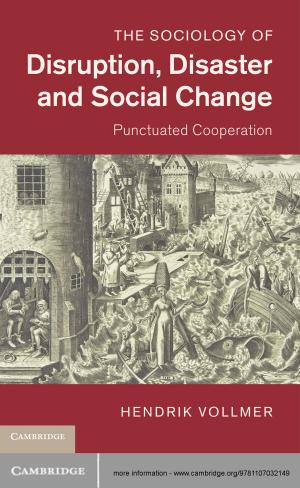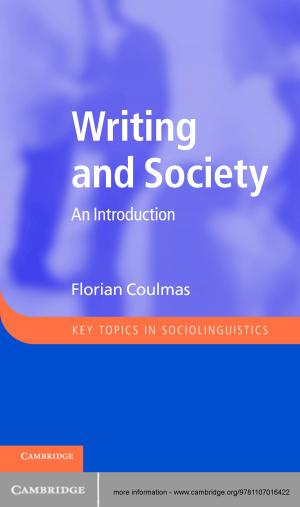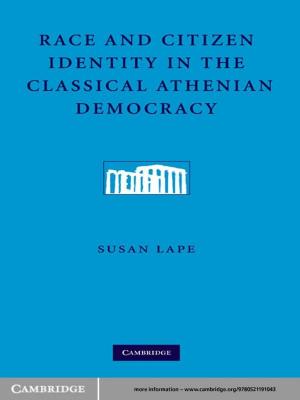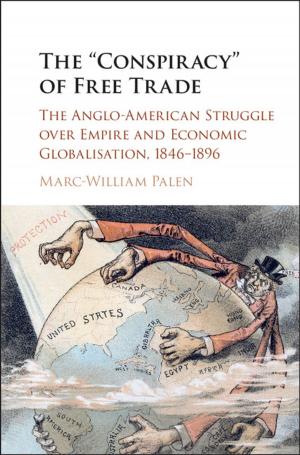Veteran Poetics
British Literature in the Age of Mass Warfare, 1790–2015
Fiction & Literature, Literary Theory & Criticism, British, Nonfiction, History| Author: | Kate McLoughlin | ISBN: | 9781108573665 |
| Publisher: | Cambridge University Press | Publication: | May 24, 2018 |
| Imprint: | Cambridge University Press | Language: | English |
| Author: | Kate McLoughlin |
| ISBN: | 9781108573665 |
| Publisher: | Cambridge University Press |
| Publication: | May 24, 2018 |
| Imprint: | Cambridge University Press |
| Language: | English |
In this first full-length study of the war veteran in literature, Kate McLoughlin draws new critical attention to a figure central to national life. Offering fresh readings of canonical and non-canonical works, she shows how authors from William Wordsworth to J. K. Rowling have deployed veterans to explore questions that are simultaneously personal, political, and philosophical: What does a community owe to those who serve it? What can be recovered from the past? Do people stay the same over time? Are there right times of life at which to do certain things? Is there value in experience? How can wisdom be shared? Veteran Poetics features veterans who travel in time, cause havoc with their reappearances, solve murders, refuse to stop talking about the wars they have been in, and refuse to say a word about them. Through this last trait, they also prompt consideration of possible critical responses to silence.
In this first full-length study of the war veteran in literature, Kate McLoughlin draws new critical attention to a figure central to national life. Offering fresh readings of canonical and non-canonical works, she shows how authors from William Wordsworth to J. K. Rowling have deployed veterans to explore questions that are simultaneously personal, political, and philosophical: What does a community owe to those who serve it? What can be recovered from the past? Do people stay the same over time? Are there right times of life at which to do certain things? Is there value in experience? How can wisdom be shared? Veteran Poetics features veterans who travel in time, cause havoc with their reappearances, solve murders, refuse to stop talking about the wars they have been in, and refuse to say a word about them. Through this last trait, they also prompt consideration of possible critical responses to silence.
